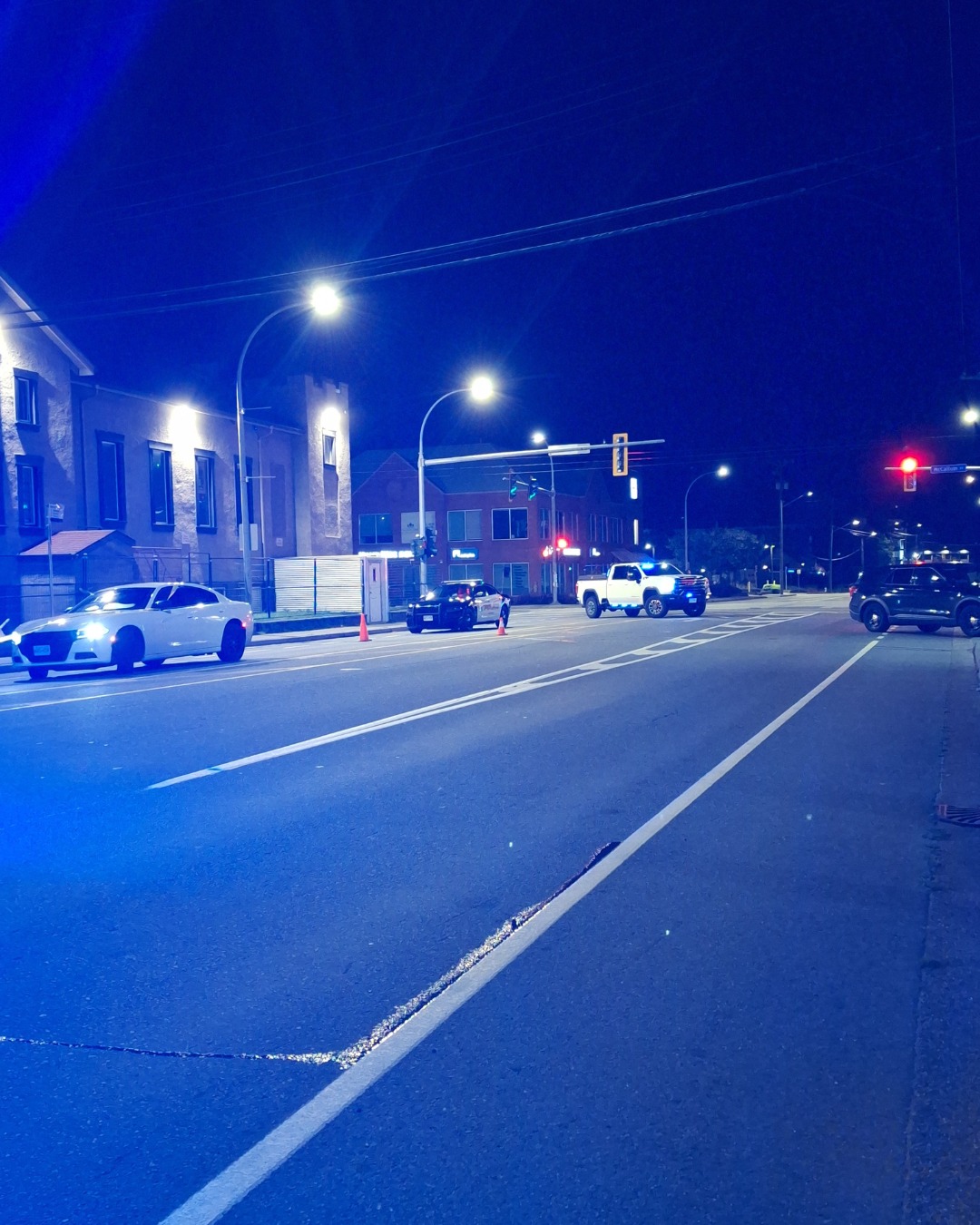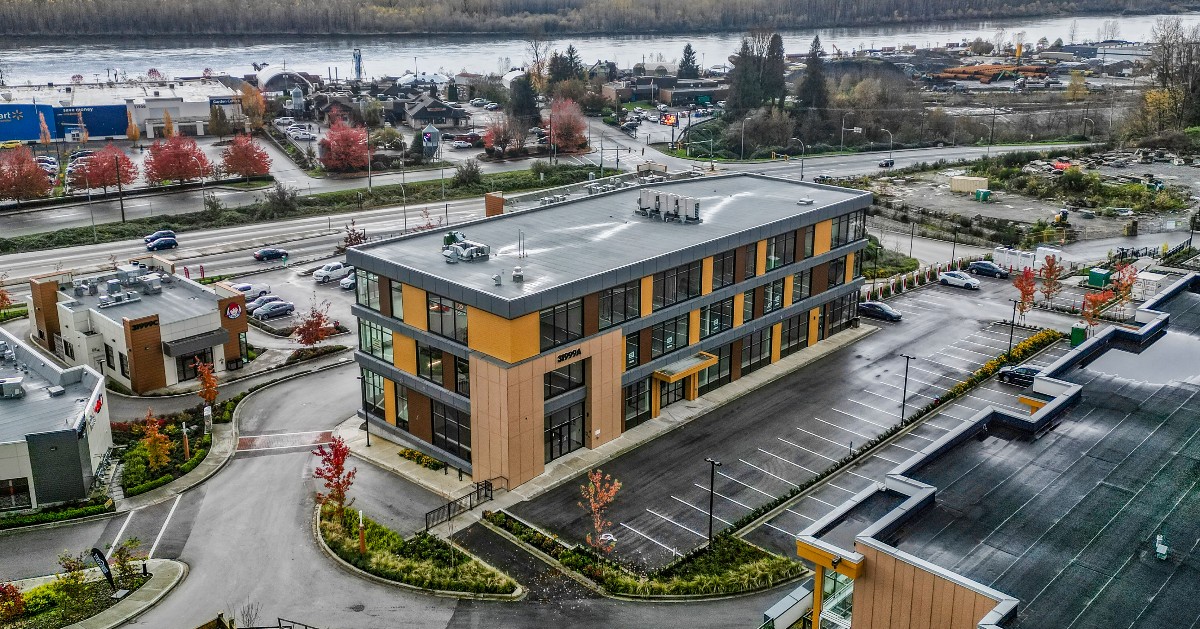Winnipeg (Yahoo News) – It has been a year since the body of 15-year-old Tina Fontaine was pulled from Winnipeg’s Red River. Last summer, lead investigator Sgt. John O’Donovan said she had “definitely been exploited and taken advantage of.”
The discovery of the aboriginal girl’s body, which was found wrapped in plastic, marked a tipping point, according to Leslie Spillett, an indigenous advocate and director of Ka Ni Kanichihk in Winnipeg, which provides educational, health and job services to aboriginal people.
Spillett says the teen’s death made a deep impact in the consciousness of the Canadian public where “this is now an issue that doesn’t seem to be going away.”
According to an RCMP report released in June, 1,181 women and girls identified as indigenous were murdered between 1980 and 2012 with another 174 missing. It’s a homicide rate 4.5 times higher than that of all other women in the country.
The issue of missing and murdered aboriginal women became a clarion call around the country triggering massive protests that sometimes blocked major arteries in cities and towns and calls for a nationwide investigation.
Prime Minister Stephen Harper has refused to launch an inquiry and only a few months ago, Aboriginal Affairs Minister Bernard Valcourt caused an uproar by proclaiming he knows who is killing aboriginal women — aboriginal men.
The focus on missing and murdered aboriginal women has also cast a hard light on other aboriginal issues such as governance, land management, housing and schools and the horrific abuses exposed by the Truth and Reconciliation Commission (TRC).
The TRC collected 1,355 hours of testimony and 6,740 statements over a six-year period concerning the abuse aboriginal children endured at residential schools. This resulted in 94 recommendations.
Here’s a look at the major political parties and their positions on aboriginal issues:
Bloc Québécois:
- The Bloc didn’t immediately respond for comment. But following the TRC report the party issued a statement saying it has always recognized Canada’s Aboriginal Peoples as a “distinct peoples,” and that the federal government should support the UN Declaration on the Rights of Indigenous Peoples, as well as develop and implement a plan or education funding strategy for First Nations as proposed in Bill C-599 by the Bloc in 2010.
Conservative Party of Canada:
- $500 million for building and renovating schools on reserves.
- review the TRC’s 94 recommendations.
- $567 million over a five-year period for “stronger communities.”
- $215 million towards skills development and training for aboriginal peoples; $200 million to improve First Nations education.
- $30.3 million to expand a plan that helps communities formulate their own land management laws to enhance economic development on reserve lands.
Green Party of Canada:
- adopt the TRC’s recommendations.
- a national inquiry into murdered and missing aboriginal women.
- amend laws so indigenous approval of natural resource projects have the same weight as federal government approval.
- adopt the the UN Declaration on the Rights of Indigenous Peoples.
- work with aboriginal groups to make an Aboriginal Lands and Treaties Tribunal Act that deals with land claims, negotiations, etc.
- review all existing federal policies on self-government.
- execute the recommendations of the 1996 Report of the Royal Commission on Aboriginal Peoples.
- remove the 2 per cent funding cap on First Nation education and fully fund the program backlog ($424 million).
- lands claims agreements already negotiated and that may have halted due to lack of funding should be implemented right away.
- legislate primary hunting, trapping, fishing and logging rights for Aboriginal Peoples on traditional lands.
- work to scrap the Indian Act if First Nations decide that’s what they want.
Liberal Party of Canada:
- a national inquiry into murdered and missing aboriginal women.
- implementation of all TRC recommendations.
- pass legislation in consultation with First Nations people on implementing the reforms for more transparency and accountability on reserves.
- an extra $515 million a year for core education in First Nations schools (kindergarten to Grade 12) for a total of $2.6 billion in new funding over four years.
- $500 million for education infrastructure.
- additional $50 million per year for post-secondary student support.
- a full review of legislation unilaterally imposed on indigenous peoples by the Harper government.
- renew funding to support and enhance indigenous languages.
- ensure that First Nations have control over First Nations education.
- equitable funding for child and family services on reserves.
New Democratic Party:
- national inquiry into murdered and missing aboriginal women.
- act on the recommendations from the TRC report within 100 days of assuming office.
- set up a cabinet committee, chaired by the prime minister, to ensure federal government decisions respect treaty rights.
- revitalize the environmental assessment process and work to protect lakes and rivers.
- deal with unresolved land claims.
- improve educational outcomes, reduce poverty and increase opportunities.
- all new legislation should abide by the UN Declaration on the Rights of Indigenous Peoples.
- improvements to essential physical infrastructure i.e. roads, housing and drinking water.






